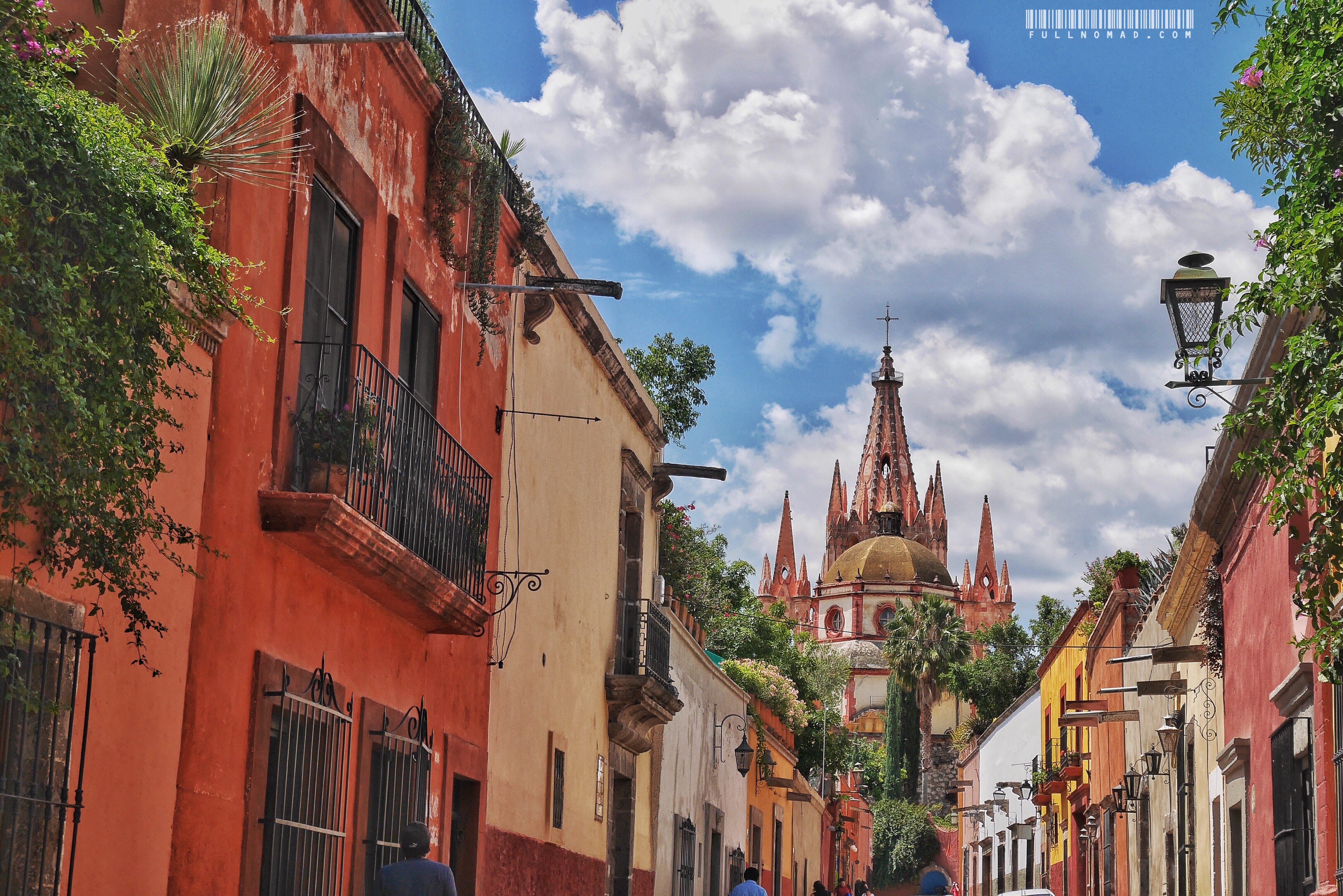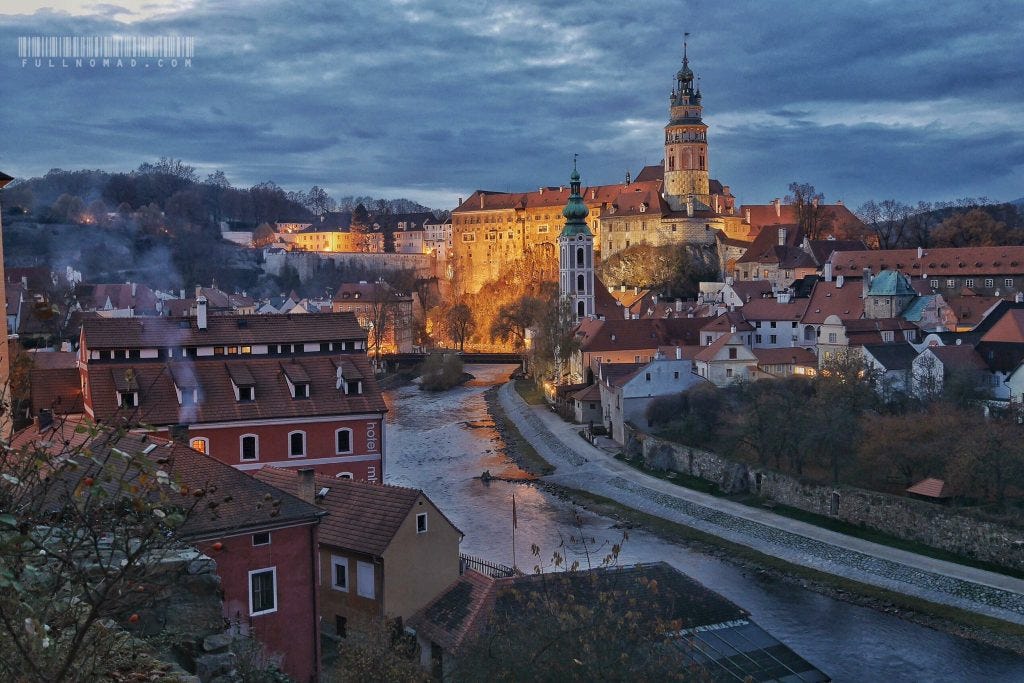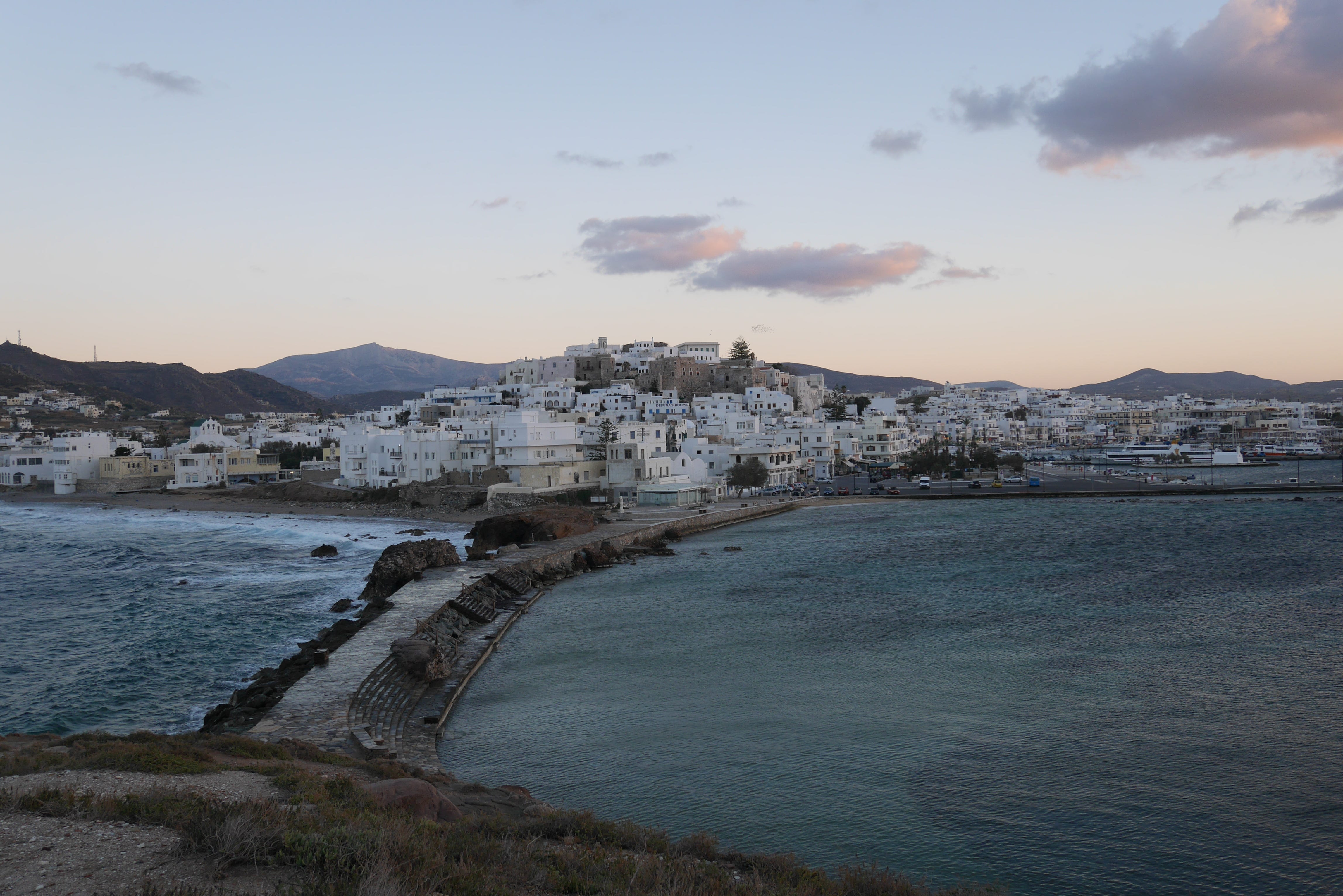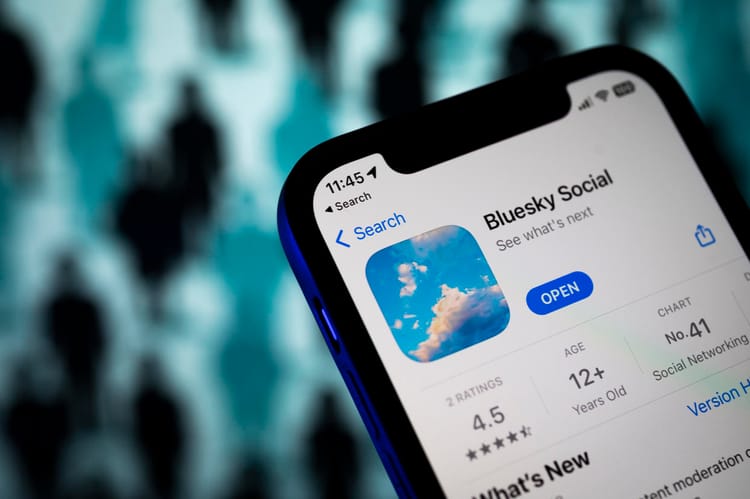Where in the World is the WiFi?
I posted some of this on LinkedIn, and have expanded upon it here.
I’m off to a housesit shortly and had my little panic attack last week. Since then, I’ve been running over everything in my head, softening deadlines, and making the packing plan. Luckily, I’m a pro at the whole working-in-new-places thing.
Working somewhere is no big whoop, but it’s always dodgy in the first few days. It’s not just about the WiFi. Things happen when you’re travelling.
Nomad No More is a reader-supported publication. To receive new posts and support my work, consider becoming a free or paid subscriber.
Deadlines? Make ‘Em Flexible
After literal years of working remotely around the world, my number-one tip for accommodating the ever-moving lifestyle is to always, always have soft deadlines for at least 4 days after changing to a new location, preferably the first 7 days. Anything due within 2 days of travelling should be met before you hit the road, because all bets are off once you get rolling, babe.
Your client/job doesn't care WHY you miss a deadline. Missing it is the problem.
So, schedule lightly, build in flex, and plan for working on day one so you can test everything out.
Once you know you'll have a stable set-up, you can absolutely blow things off to enjoy your new surroundings for half a day or something. Get all that travel chaos out of your system, have a great walk, and enjoy your new place.

Cover Your Ass With Backup Gear
I guarantee you, when it comes to travelling, all the things that can go wrong eventually will, if you move around enough.
Always have a backup of every cord or cable, have enough data available on your wireless plan to compensate for a bad connection in your lodgings, like the time I needed a 40GB plan to compensate on the Italian island of Ischia. It’s especially true if you’re like me and enjoy visiting those wee islands, smaller cities, and off-the-beaten-path kinds of regions. Good luck trying to find that hotspot thingie in a village of 10,000 on a Greek island, buddy.
Be like the Girl Guides: Always be prepared. Backups of backups. Might add weight to your pack but when you get to live for 7 weeks in a 2,000-population fishing village on the Mekong River with rare 60 Mbps data and no worries about your gear, you’ll appreciate the preparedness.
And if you’re visiting a collapsing currency nation (like Turkey or the UK right now), then always get any electronic or otherwise-imported products before going there, because you don’t wanna know how much more you’ll pay for that flash card or USB cable when the currency’s in the shitter. A flash card that would’ve cost me $18 in Canada cost me $32 in Turkey back in 2018, and their currency is worth a fraction of that now.
Everything you’ve been told about the internet at your long stay is probably a lie or at least somewhat exaggerated.
I’ve showed up to discover the WiFi’s great but they have a 10GB bandwith cap for the month. Oops! I’ve also been in places like Cambodia where the connection was the slowest I’ve had since I ran a dial-up modem over 20 years ago.
So, always know where you can go nearby for free fast wifi, if needed. Some apps show nearby wifi hotspots; they saved my ass in Cambodia and places like Belgrade, where my internet was okay but the working furniture had horrible ergonomics at home. (If you use such apps, do your part: provide current crowd-sourced data on recent bandwidth speeds, so others can find it in their terrifying time of need for a deadline or project.)

And The Other Travel Stuff
And keep in mind, there's always that time you get sick when travelling, or caught in a storm, or miss a flight, or lose your luggage. Maybe you’re on a 4-hour train trip to Edinburgh that becomes 12 hours with 8 hours standing, because a gas main blew and half the trains in the UK are cancelled. The next day? You ain’t working. Trust me.
I've never missed a flight but I did show up one day early for one, once, so it's kinda the other way around in a good way. Luckily, I always pack in a super-organized way, so getting started with work is super-fast, to minimize the stress. I wound up making whole lotta money while trapped in an airport hotel, relieving a lot of stress off my my first week visiting friends and family in 2017.
Another time, I had an airline lose my luggage in a Paris layover, forcing me to spend a day in a residential 'hood of Lisbon — and what a gift that turned out to be! The neighbourhood never had tourists, I guess, so next thing I know, shopowners were feeding me cookies and showering me with kindness. It was an amazing introduction to Portugal, even though I lost 12 hours in getting to my beach house.
Everything else? Been there. Had all the experiences.
I arrived in Sicily literally about 80 minutes before Anticyclone Attila struck and my lodgings soon flooded. Next day, I changed cities but got traveller's diarrhea on the way, once. Having a few deadline-free days then saved my sanity and my reputation.

It’s a Lifestyle… and a Lifeline
Dodgy internet, bad work settings, disruptive environments — or even just a beautiful, compelling place you immediately fall in love with and are dying to explore for a day or two — are the lifeblood of the remote worker’s travel life.
Accept that. Always build flex into deadlines, be communicative with clients, and be prepared for strange challenges. (Couple money tips: And when changing countries, always send a secure message through their online sites to your bank and credit card company, to let them know where you’re going. It can be helpful. Always have PayPal on your phone, because accessing it on a computer internationally can get you blocked if it’s a country they have blacklisted.)
The abroad remote worker’s credo should be Under-promise, over-deliver. It'll save your ass as a freelancer some days. And hey, if it frees up an afternoon to go find a wonderful seat on a public square to soak in an amazing new location… how bad is that?
And now, back to packing.
PS: I’ll be endeavouring to be much more regular about writing here — and as I do, I’ll be making portions of every post hidden behind a paywall, because girl’s gotta eat. But, for now, I gotta prove to you that it’s worth the investment through regular quality writing.


Member discussion